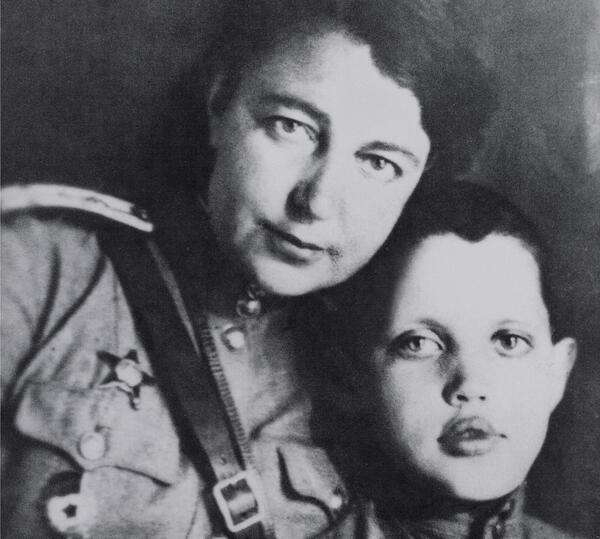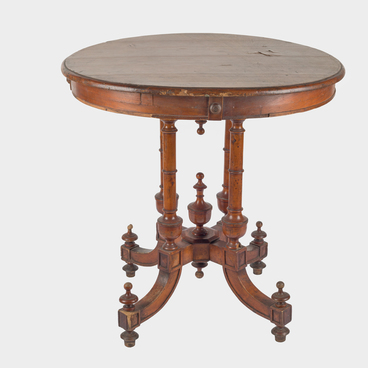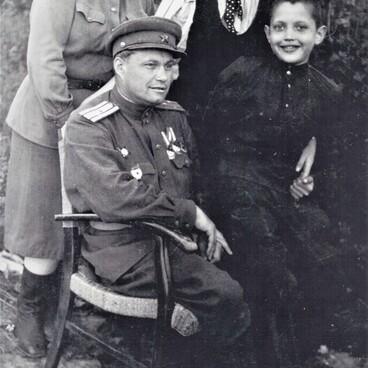When in 1944 I came to Omsk for a short 4-day vacation (not including the traveling time) to take Robert, he told me that he recited poems with his friends for the wounded at the school №19, where he used to study. Then, it was used as a hospital, and the wards with the wounded were called by the tags on the doors: 1a, 3b, etc. That’s when he told me: “Mommy, here I finished my 4th grade, I’m already 12 years old, school is not difficult for me, but I have a dream, I want to become a poet, I would like to be a good poet, and to study, where the poets do, I have to go to Moscow, to the Gorky Literary Institute”.
I was very surprised by how knowledgeable he was, because I had only found out about the existence of the institute from Robert. “Well, sweety”, I said, “pursue your dream, make it come true, and you’ll become a poet, as you say — a good poet! ” <…> Robert was very happy that I was taking him to the unit. With great difficulty, we boarded the train with him in Omsk. The train started to move. At times, the train would stop for a long time at smaller stations, as it would give way to the trains loaded with guns and bombs.
When Robert and I stepped down to the platform, old ladies cried and groaned that such small soldiers were going off to the war and treated him to some black rye kalaches (bread). Finally, we were in Moscow. I had to find out the location of my unit. On the way to the military registration and enlistment office I met the chief of staff of our unit, he was surprised to see a boy wearing a uniform with me. He asked: “Doctor, who are you with?” I replied that he was my son and I was taking him to the unit, that he would be a “son of the regiment”. Without letting me finish my sentence, he said that the child must be left here, the child cannot be put at risk, and that I should return to my unit immediately, very difficult battles are coming soon, there will be an offensive…



